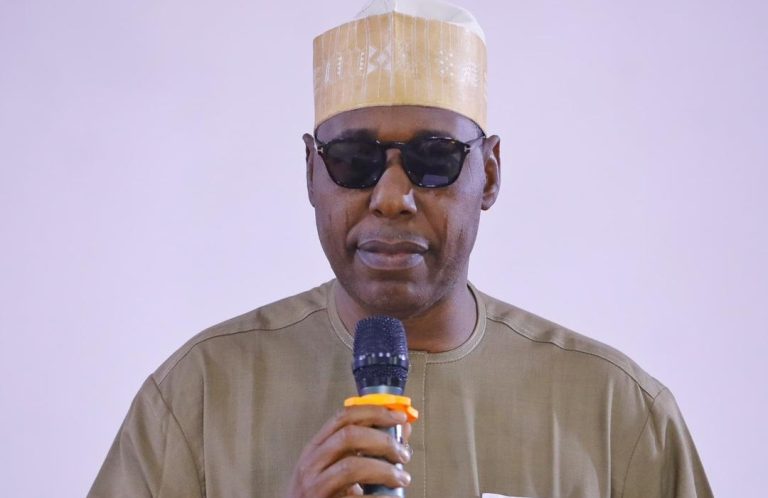Borno Governor, Babagana Zulum has revealed his government’s plan to distribute palliatives for 100,000 vulnerable families and victims of Boko Haram insurgency in Maiduguri and Jere Local Government Areas in the state.
This is contained in a statement signed and made available to Tribune Online by his Senior Special Adviser on Media, Malam Sheikh Haruna, in Maiduguri on Friday.
The statement noted that Zulum has approved the distribution of food palliatives to over 100,000 families to cushion the effect of the high cost of living in the country.
According to the statement, the distribution will be conducted in a transparent and accountable process to ensure that the assistance reaches those who need it the most.
“I have approved the distribution of palliative care to 100,000 families in MMC and Jere Local Government Area to ease the hardship faced by our people in the wake of the rising cost of food and other essential goods.
“Traditional rulers, elders and community leaders are part of the palliatives committee.
ALSO READ: Police arrest three in Bauchi for alleged criminal conspiracy
“We will start the distribution in the coming days. We will start with the wards in the heart of the city, Shehuri North and South, Feezan, Hausari, Gamboru and Mafoni.
“In each ward, at least 4,000 vulnerable families and victims of Boko Haram insurgency will be beneficiaries.
In another development, Zulum directed the distribution of food and items to vulnerable people in Biu, Hawul, Shani, Kwaya Kusar, Askira-Uba, Chibok and Bayo Local Government Areas in Borno South.
The governor noted that his administration has been frequently distributing cash and food items in the Local Government Areas affected by the Boko Haram insurgency to enhance livelihood and prevent vulnerable residents from being recruited by terrorists.
Since November last year, about 187,454 households from Dikwa, Ngala and Bama Local Government Areas received Zulum’s food palliative and over N0.6b cash.
He said that despite the efforts in agriculture, there is a need to address the immediate needs of vulnerable families.
NIGERIAN TRIBUNE
